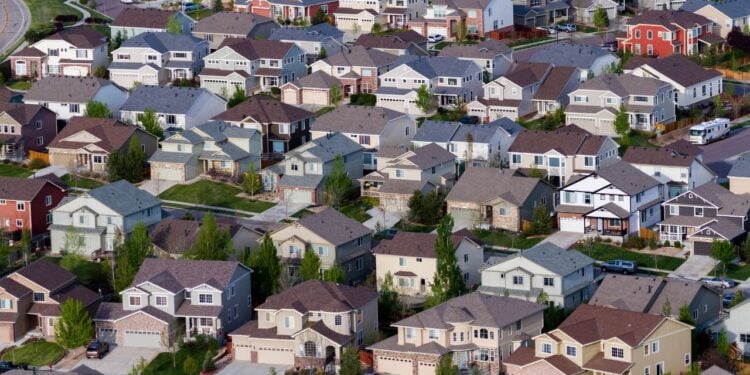Flexible workspaces have grown dramatically over the past year — up 25% year-over-year in the U.S. according to the latest office market report by Commercial Edge. As part of that growth, The Instant Group’s recent report shows businesses are now looking beyond city centers, turning to suburban areas and smaller cities for affordable, adaptable office solutions.
In the U.S., cities like Miami, Austin, and Raleigh are seeing huge growth in demand for flexible workspaces, with Miami leading the way.
In the U.K., areas like Uxbridge, Slough, and Romford are experiencing surges in demand as businesses embrace hybrid models.
Meanwhile, in APAC, Australia’s Sunshine Coast has seen an impressive 212% increase in flexible office demand since 2019.
Suburban Areas Are Gaining Momentum
Suburban cities are gaining popularity as businesses seek better quality of life and lower costs.
In the U.S., places like Miami (+153%), Raleigh (+144%), and Seattle (+57%) are top choices, with suburbs like Fairfield County, CT (+38%) and Morris County, NJ (+33%) seeing a rise in flexible office demand.
This trend is global, with the U.K.’s Solihull (+73%) and Livingston (+12%) growing fast, and APAC’s Sunshine Coast and Gold Coast transforming into business hubs. These shifts are helping local economies by boosting foot traffic and keeping spending within communities.
Corporate Investment and Demand Surge
As offices become more collaborative spaces, companies are repurposing central headquarters for training and meetings.
This transition has increased demand for meeting rooms, event spaces, and coworking desks, with operators predicting a rise in these areas.
Corporate investment in flexible workspaces is also on the rise. Since 2019, global transactions for flexible offices have increased 41%, with cities like Miami (+353%) and Seattle (+220%) seeing the biggest jumps.
In APAC, cities like Mumbai (+633%) are embracing flexible spaces, with companies opting for more short-term, scalable options.
The Future of Flexible Workspaces and Sustainability
The future is bright for flexible workspaces. In the U.K., 60% of landlords expect to have 30% of their portfolios dedicated to flexible office space by 2030.
Sustainability is also gaining traction, especially in APAC, where interest in green-certified workspaces jumped 500% in late 2024.
The office is no longer confined to city centers, and this trend of spreading out is only gaining momentum. As a result, suburbs are thriving, with local economies reaping the benefits.



 Dr. Gleb Tsipursky – The Office Whisperer
Dr. Gleb Tsipursky – The Office Whisperer Nirit Cohen – WorkFutures
Nirit Cohen – WorkFutures Angela Howard – Culture Expert
Angela Howard – Culture Expert Drew Jones – Design & Innovation
Drew Jones – Design & Innovation Jonathan Price – CRE & Flex Expert
Jonathan Price – CRE & Flex Expert











